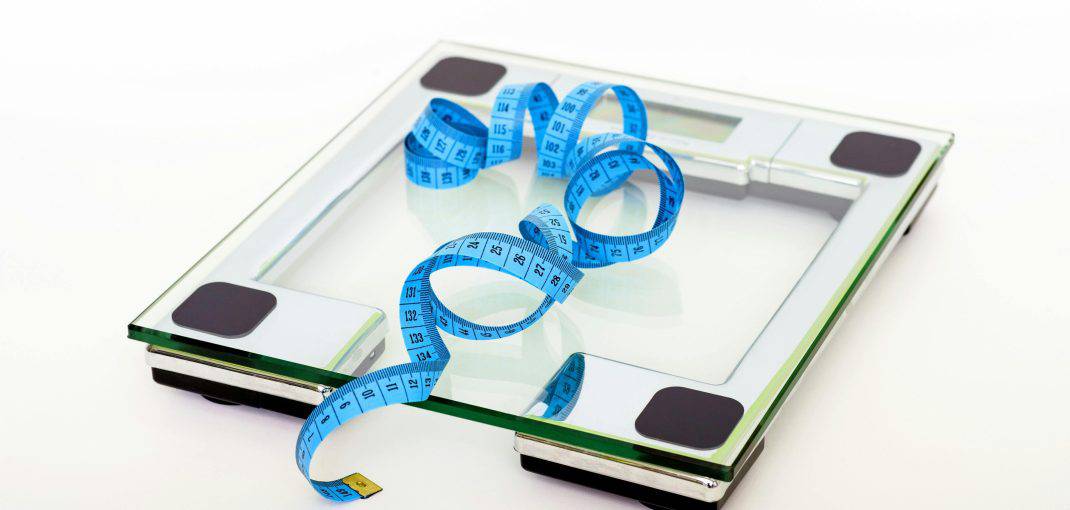Many clients write us questions about how to burn more fat or lose weight more effectively, while others complain that perhaps the products do not have the expected effect… And this is always because you are not able to calculate how many calories you consume and how many calories you should stop consuming per day, in this article we are going to help you.
The most effective formula for calculating calorie deficit involves two main steps:
- Calculate your Basal Metabolic Rate (BMR): This is what your body burns at rest, to give a simple example it would be the calories you would burn sitting on the couch while watching TV. Various formulas can be used, such as the Harris-Benedict formula, the Mifflin-St Jeor formula, or the Katch-McArdle formula, depending on the information you have available. From my point of view the Mifflin-St Jeor formula is one of the simplest and most accurate for most people, therefore for this article I have chosen this one:
BMR (men) = 10 X weight (kg) + 6.25 X height (cm) – 5 x age (years) + 5.
BMR (women) = 10 X weight (kg) + 6.25 X height (cm) – 5 X age (years) – 161. - Adjust the formula based on your Activity Level: Now we will have to multiply the BMR by an activity factor to obtain the total energy expenditure. The factors are:
-Sedentary (little or no exercise): BMR × 1.2 -Lightly active (light exercise/sports 1-3 days a week): BMR × 1.375
-Moderately active (moderate exercise/sports 3-5 days a week): BMR × 1.55
-Very active (hard exercise/sports 6-7 days a week): BMR × 1,725
-Extra active (very hard work/physical exercise & exercise 2 times a day): BMR × 1.9
Caloric deficit
Now that we are clear about the formula, let’s get into how to have a caloric deficit. To create a caloric deficit, we will need to consume fewer calories than your body needs to maintain its current weight. The deficit that I usually recommend is 500 to 1000 calories per day, in some cases we could increase or reduce this deficit depending on the need and the context. It must be taken into account that a very extreme deficiency could cause problems, from decreased libido to the loss or delay of the female period.
Diet and ergogenic aids
The formula provided above can serve us in most cases to have a reference for how to measure our results, but we must keep in mind that there are certain products that can alter the BMR…. And even so the formula will continue to serve as a reference point. For example, all SARMS affect the basal metabolic rate, increasing it, they also increase the amount of fat that is lost regardless of the % deficit and reduce the amount of muscle that is lost when losing weight. If SARMs are used, the caloric deficit could be increased without fear of losing too much muscle mass.
On the other hand, normal supplements such as protein also increase basal metabolic rate and fat burning, including muscle mass retention. High protein diets of 2.5 to 3 grams of protein per KG of weight would be very useful to improve fat loss.
